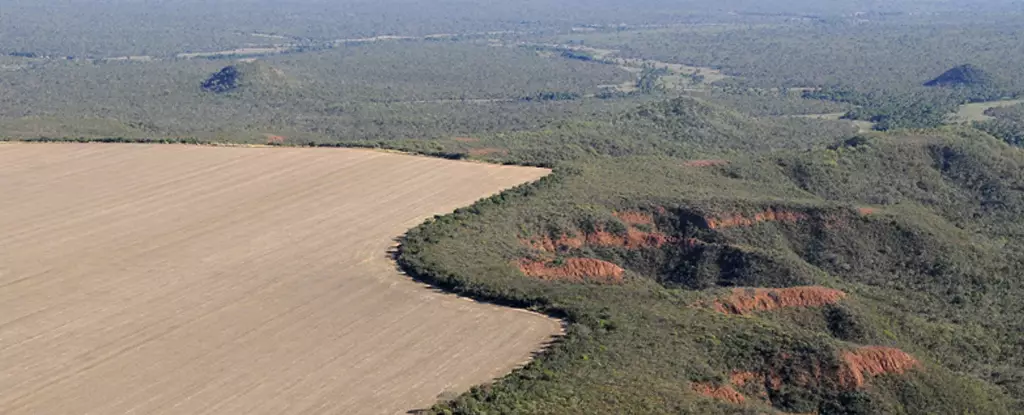Rangelands cover a significant portion of Earth’s land surface and play a crucial role in sustaining billions of people worldwide. These diverse ecosystems, which include deserts, grasslands, shrublands, and tundra, provide essential resources such as meat, dairy, fiber, and other staple foods. Furthermore, rangelands are integral to Earth’s nutrient, water, and carbon cycles, highlighting their importance in maintaining ecological balance.
The Threat of Degradation
Despite their significance, up to 50 percent of rangelands are currently degraded, according to a report by the United Nations (UN). This finding underscores the urgency of addressing the various factors contributing to rangeland demise. Poor land management practices, including land clearing, mining, overgrazing, and soil depletion, are major culprits in this degradation. Additionally, climate change, conflict, and border issues exacerbate the situation, hindering efforts to sustainably manage rangeland ecosystems.
Rangeland degradation is a global issue that affects regions across the globe. In Central Asia and Mongolia, for example, one-third of the population relies on herding livestock, with rangelands comprising a significant portion of their land. Conflict and overgrazing in these regions further contribute to rangeland deterioration. Similarly, in North America, ancient grasslands, prairies, and deserts are experiencing a loss of biodiversity due to degradation. The lack of data and understanding of these ecosystems hinders conservation efforts, emphasizing the need for increased protection and management strategies.
To address the growing threat to rangelands, coordinated efforts at local, national, and international levels are essential. The UN report highlights the importance of climate mitigation and cross-border cooperation in implementing sustainable land management practices. Incorporating indigenous knowledge, as well as local and scientific expertise, into management plans is crucial for enhancing the resilience of rangeland ecosystems. Furthermore, transitioning away from harmful practices such as monocultural farming is crucial to safeguarding the future of these vital ecosystems.
Protecting Earth’s rangelands is a critical priority that requires immediate action. By recognizing the value of these ecosystems and the threats they face, stakeholders can work together to ensure the long-term sustainability of rangelands for future generations. Through collaboration, innovation, and a commitment to conservation, we can preserve the diversity and integrity of rangeland ecosystems for years to come.


Leave a Reply